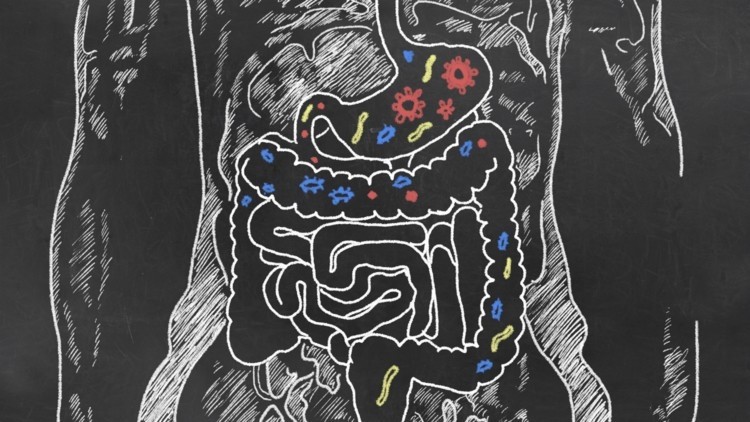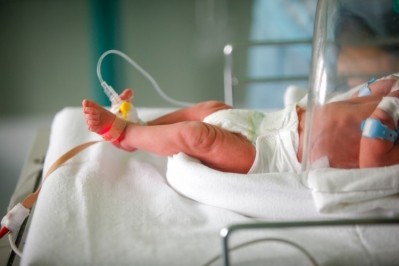Probiotic potential? Presence of Prevotella copri during pregnancy linked to lower risk of infant food allergies

That’s according to new findings reported in a study published in Nature Communications.
During pregnancy, the maternal gut microbiome has an important role in stimulating fetal immune development.
However, it has been suggested that the absence of specific bacterial species may be associated with an increased risk of immune-related diseases.
Peter Vuillermin and colleagues analysed the microbiome of 1,064 mothers in an Australian cohort during pregnancy and reviewed their children every three months until one year of age.
They found that children of mothers who carried the gut bacterium P. copri were less likely to develop food allergies. The authors found that the protective association was greatest among women whose diet was high in fat and fibre.
Larger household sizes and lack of exposure to antibiotics in the third trimester of pregnancy were also correlated with increased maternal carriage of P. copri.
Compelling evidence
The paper states: “This is the first human study to use culture-independent techniques to investigate the relationship between the mother’s gut microbiota during pregnancy and allergic disease in the offspring.
“We found compelling evidence that maternal carriage of P. copri was associated with a decreased risk of clinically proven food allergy during infancy.
“The magnitude of association was large, with evidence of dose-response, and was independent of a range of potential confounding factors.”
Further studies will be necessary to corroborate the findings in other populations and assess the potential of P. copri as a probiotic and/or biomarker.
However, the authors suggest that their results highlight the importance of antibiotic stewardship during pregnancy as well as a diet that maintains an optimal maternal gut microbiome.
The paper noted: “Our findings have clear implications for public health, given the burden of allergic disease. The magnitude of effect was substantial and P. copri was undetected in ~80% of mothers.
“Consequently, if we assume causality, the estimated population-attributable risk of absence of maternal carriage of P. copri for food allergy is greater than 50%.
“Further studies are required to replicate the current findings in other populations, determine the underlying mechanisms and assess the potential of P. copri as a probiotic and/or biomarker. In the meantime, our findings support the importance of antibiotic stewardship during pregnancy as well as a diet that optimizes the health of the maternal gut microbiome.”
Source: Nature Communications
‘Maternal carriage of Prevotella during pregnancy associates with protection against food allergy in the offspring’
https://doi.org/10.1038/s41467-020-14552-1
Authors: Peter J Vuillermin, et al.

















